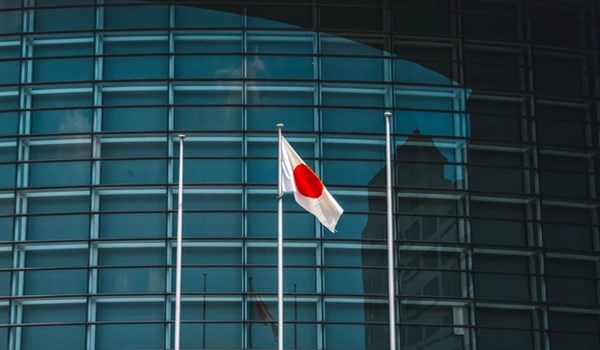Jurisdictions
Regions
Industry Sectors
20/01/22
ASIA: More Japanese companies disclose tax bills by country.

As published on asia.nikkei.com, Thursday 20 January, 2022.
TOKYO -- More than 20 top Japanese companies have released detailed tax payment information, including how much and in which countries they pay taxes.
A recent Nikkei survey of 100 major Japanese companies found that more than 20, including cosmetics maker Kao and retail conglomerate Seven & i Holdings, in the past few years have released information on how much and where they pay corporate taxes.
The releases come amid growing criticism about how multinationals are able to account for global profits in low-tax havens. Many are also facing pressure from investors and consumers to be transparent. Europe and Australia are developing legislation to demand companies disclose their tax information.
Nikkei also found 12 other Japanese companies are considering such disclosures.
One of the companies is Kubota. The maker of agricultural and construction machinery, which releases the amount of corporate taxes it pays globally, said it paid a total of 57.4 billion yen in 2020. It is considering posting on its website more detailed data on its corporate tax bills by country and region.
Releasing this kind of information will "send a message" to stakeholders that the company pays taxes in each overseas market in which it operates, a representative for Kubota said.
Many companies consider international tax filing disclosures to be part of their environmental, social and governance (ESG) commitments. Japanese contractor Kajima in 2021 started disclosing the amount of tax it pays by region and has since received "a certain level of recognition" from overseas ESG evaluation organizations for its high level of transparency, a company representative said. Kao in 2019 started disclosing the amount of tax it pays in Japan, the U.S., China and other territories.
Normally, accounting and tax filings differ in terms of how profits and losses are calculated. Thus, financial statements often do not detail where and how much tax a company pays in a given year.
Critics say multinationals can make big profits in one country and pay low taxes in another, with some labeling the practice "tax dodging." They also say companies are using the resulting windfalls to buy back their own shares, thus aggravating wealth gaps.
The amount of criticism is reaching a level where companies are feeling pressured into being more transparent.
In Europe, companies started voluntarily disclosing tax information in the 2010s amid increased scrutiny from investors and consumers. U.K. telco Vodafone Group started releasing taxation data in 2013. It now releases annual taxation reports that show its revenues and tax payments in more than 60 countries. Other European companies, including Danone, Carlsberg and Nestle, report detailed tax information by country.
Releasing tax information by country and region makes it difficult for companies to hunt for tax havens. In 2012, it was reported that Starbucks paid little tax in the U.K. After coming under criticism and consumer boycotts, the company ultimately had to pay a tax bill of 20 million pounds (about $27.3 million).
Financial statements do not usually show exactly how much tax a company pays in which country. Income statement items such as "total corporate taxes" show what is considered to be the tax burden for each fiscal year. But the total is for accounting purposes and not necessarily the amount of taxes paid.
In Japan, companies are not obligated to release tax information. However, more countries are moving toward requiring such disclosures.
At the end of 2021, the European Union decided to introduce rules that obligate large and global companies to disclose taxation data. Following the decision, each EU country by June 2023 is expected to pass a national law mandating corporate tax disclosures. Japanese companies will also be subject to these laws.
The EU is thus following in the footsteps of Australia, which in the 2010s introduced a system that releases large companies' tax information.
Given the trend, Koichi Sekiya, a partner at Ernst & Young, said more Japanese companies are likely to voluntarily disclose tax information to avoid having their ESG ratings fall below those of their European rivals.
Masao Yoshimura, a professor at Tokyo's Hitotsubashi University, argued that multinationals are increasingly required to be more transparent about their taxes. He added that more investors and consumers are using a social responsibility yardstick to evaluate companies that disclose tax-related information.



